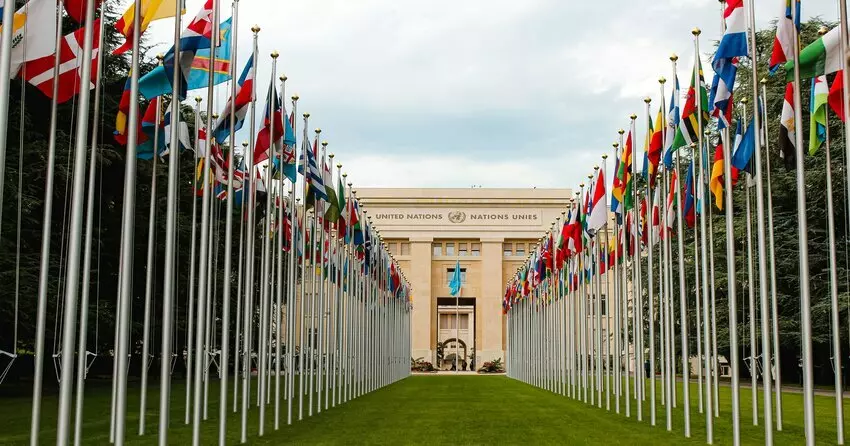
UN General Assembly Adopts Global AI Resolution
The UN General Assembly has adopted a resolution giving direction that the purpose of artificial intelligence should ultimately be for the global good. The resolution also underlines the need to address racial discrimination around the world.
The first of its kind, the resolution titled “Seizing the opportunities of safe, secure, and trustworthy artificial intelligence systems for sustainable development” was proposed by the US, co-sponsored by China, and supported by more than 120 nations.
Speaking to the crowd, US Ambassador to the United Nations Linda Thomas-Greenfield said, “Today, all 193 members of the United Nations General Assembly have spoken in one voice, and together, chosen to govern artificial intelligence rather than let it govern us.”
While AI creates concerns, particularly with many significant elections planned over the next 12 months, the resolution notes that the upsides are also quite significant. AI also has potential to “accelerate work, end poverty, save lives, protect the planet and create a more equitable world.”
The eight-page text provides high level direction, aligning countries to ensure that AI systems are “such that they are human-centric, reliable, explainable, ethical, inclusive, in full respect, promotion and protection of human rights and international law, privacy preserving, sustainable development oriented, and responsible – have the potential to accelerate and enable progress.”
It further highlights the need to “promote digital transformation; promote peace; overcome digital divides between and within countries; and promote and protect the enjoyment of human rights and fundamental freedoms for all.”
Resolutions adopted by the General Assembly are not legally binding, but are rather recommendations provided to and adopted by the member states, which is why the negotiations on the wording in the text as well as a full consensus of the Assembly is so important. This resolution was in development over the last four years, at times over intense debate on the language used.
The Assembly also took the time to observe the International Day for the Elimination of Racial Discrimination. This year’s theme is “A Decade of Recognition, Justice and Development: Implementation of the International Decade for People of African Descent.”
Many countries have defined and are implementing national action plans to fight against racism. Assembly President Dennis Francis (Trinidad and Tobago) praised the efforts and also stressed the importance of including reparations in those action plans.












